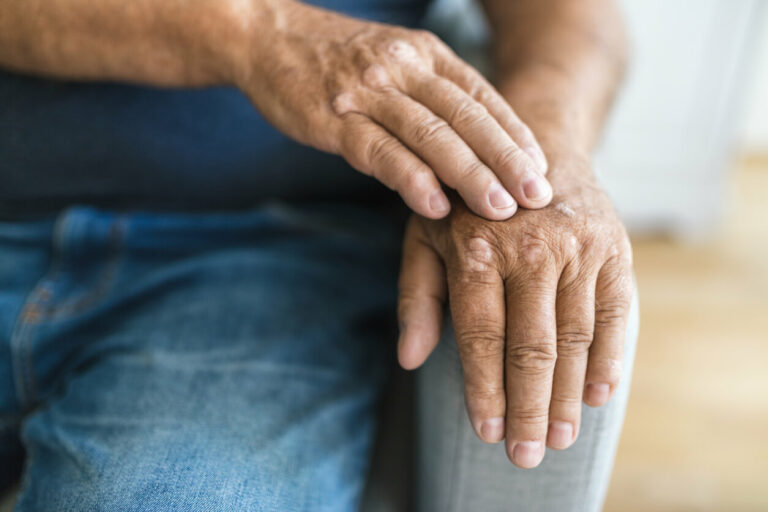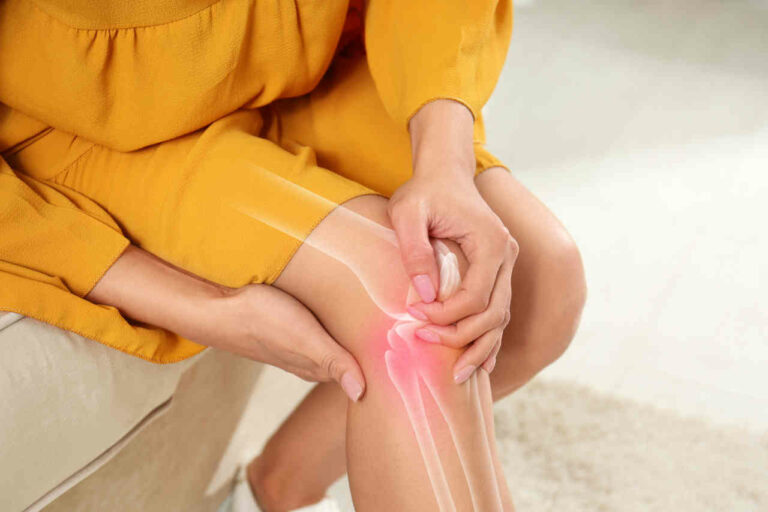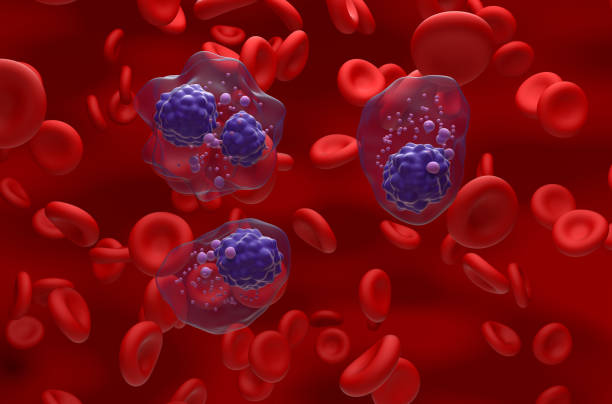Managing Osteoarthritis: Effective Treatments and Lifestyle Strategies
Osteoarthritis, a degenerative joint disease, affects millions worldwide, causing pain, stiffness, and reduced mobility. While it is commonly associated with aging, it can result from various factors, including genetics and lifestyle. In this comprehensive guide, we explore the multifaceted approach to managing osteoarthritis, encompassing medical treatments, physical therapy, lifestyle adjustments, and more. Understanding the array of available treatments and strategies can empower individuals to manage their symptoms effectively and maintain an active, fulfilling life despite the challenges of osteoarthritis.

Understanding Osteoarthritis
Osteoarthritis is characterized by the breakdown of cartilage, the cushioning tissue at the ends of bones in joints. This degeneration leads to pain, swelling, and difficulty moving the joint. Risk factors include age, obesity, previous joint injuries, genetics, and certain occupations involving repetitive joint movement.
Medical Treatments for Osteoarthritis
Medical intervention often focuses on pain relief and maintaining joint function:
- Pain Relievers: Over-the-counter pain medications like acetaminophen and NSAIDs are commonly prescribed.
- Topical Treatments: Creams and gels containing pain-relieving substances can be applied directly to the joints.
- Injections: Corticosteroid or hyaluronic acid injections can reduce pain and inflammation in the joint.
- Surgery: In severe cases, joint replacement surgery might be considered.
Physical Therapy and Exercises
Physical therapy plays a critical role in managing osteoarthritis:
- Strengthening Exercises: Strengthening the muscles around the affected joint can improve mobility and reduce pain.
- Range of Motion Exercises: These exercises help maintain joint flexibility.
- Low-Impact Activities: Activities like swimming, cycling, and walking can keep joints mobile without excessive strain.
Lifestyle and Home Remedies
Lifestyle changes can significantly impact osteoarthritis management:
- Weight Management: Reducing weight can alleviate stress on weight-bearing joints.
- Dietary Changes: A balanced diet rich in anti-inflammatory foods like fish, nuts, and leafy greens can help manage symptoms.
- Heat and Cold Therapy: Applying heat or cold to affected joints can reduce pain and stiffness.
Alternative and Complementary Therapies
Some individuals find relief through alternative therapies, though these should be discussed with a healthcare provider:
- Acupuncture: Can help in pain relief and improving joint function.
- Nutritional Supplements: Glucosamine and chondroitin sulfate are popular, but their effectiveness varies.
- Yoga and Tai Chi: These practices can improve flexibility and joint mobility.
Preventing Osteoarthritis Progression
While osteoarthritis is a progressive disease, its advancement can be slowed:
- Regular Exercise: Maintaining an active lifestyle is key.
- Joint Protection: Using braces or supports to stabilize joints during activities.
- Regular Medical Checkups: Ongoing medical monitoring can help adapt treatment plans as needed.
Emotional and Mental Health Considerations
Living with chronic pain can impact mental health:
- Counseling: Talking to a mental health professional can help in coping with the emotional aspects of chronic illness.
- Support Groups: Connecting with others who have osteoarthritis can provide emotional support and practical advice.






